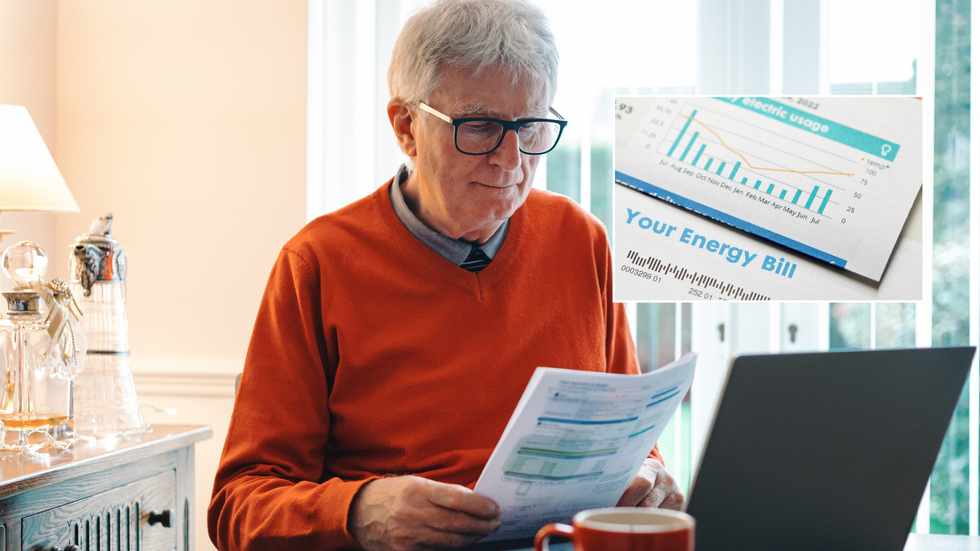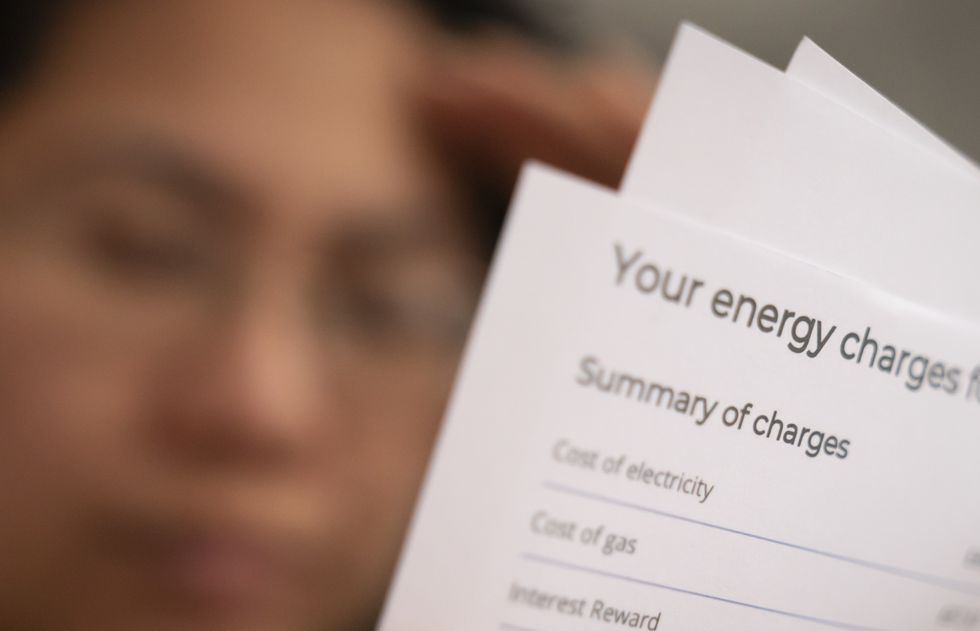



Households could be in line for a £23,000 windfall by embracing environmentally-friendly technologies, despite substantial initial costs, according to OVO Energy,
The energy supplier's findings indicate significant potential savings within a decade and exceeding £23,000 over 15 years for families who transition away from traditional oil and gas systems.
The research reveals that while homeowners face an upfront expenditure of £15,470 for comprehensive green upgrades, the long-term financial rewards significantly outweigh this initial investment.
This proposed technology package encompasses heat pump installation, solar panel systems, electric vehicle infrastructure and enhanced home insulation measures.

GETTY
|Households could make big savings thanks to net zero technology
As part of this package, households would be required to invest £15,470 upfront, according to OVO's calculations.
However, this expenditure would generate savings of nearly £13,000 by 2035 and more than £23,000 by 2040.
These projections compare households adopting clean technologies against those maintaining conventional gas or oil heating systems.
The ten-year timeframe marks the point where accumulated savings begin to substantially exceed the original investment.
 GETTY | The Government has committed to more energy bill support
GETTY | The Government has committed to more energy bill support
Mat Moakes, OVO's Chief Commercial Officer, broke down why Britons should seriously consider green technologies to bring down costs.
Moakes said: "The savings are real, the technology exists, and the public is ready. But we've built a system that makes it harder than it should be to do the right thing."
David Buttress, OVO's Chief Executive, challenged prevailing narratives surrounding environmental policy costs.
"We've stumbled into a false debate. Net zero is framed as expensive and unrealistic - but the data is clear: not decarbonising will cost households and the country far more," he stated.
The CEO highlighted a fundamental misunderstanding in public discourse, arguing that discussions focus excessively on green transition expenses whilst overlooking the financial burden of maintaining current systems.
"We talk endlessly about the cost of action and investing in net-zero - but the real crisis is the cost of inaction, and the investment that our energy system would require even without net zero upgrades," Buttress explained.
 PA |
PA |
Households can benefit from green technologies, analysis claim
Industry experts have reinforced OVO's findings with additional analysis.
Nick Davies from Green Alliance described the financial advantages as a "green homes bonus," noting that research demonstrates substantial monetary benefits for families investing in solar technology, home charging points and heat pump systems.
Dr Richard Lowes from the University of Exeter highlighted broader implications beyond cost savings. "Households who have installed low carbon technologies have already been better protected during the gas price crisis," he observed.
He stressed that transitioning building energy systems represents not merely an environmental and economic imperative but also a crucial element of Britain's energy security strategy as domestic fossil fuel reserves continue depleting.
